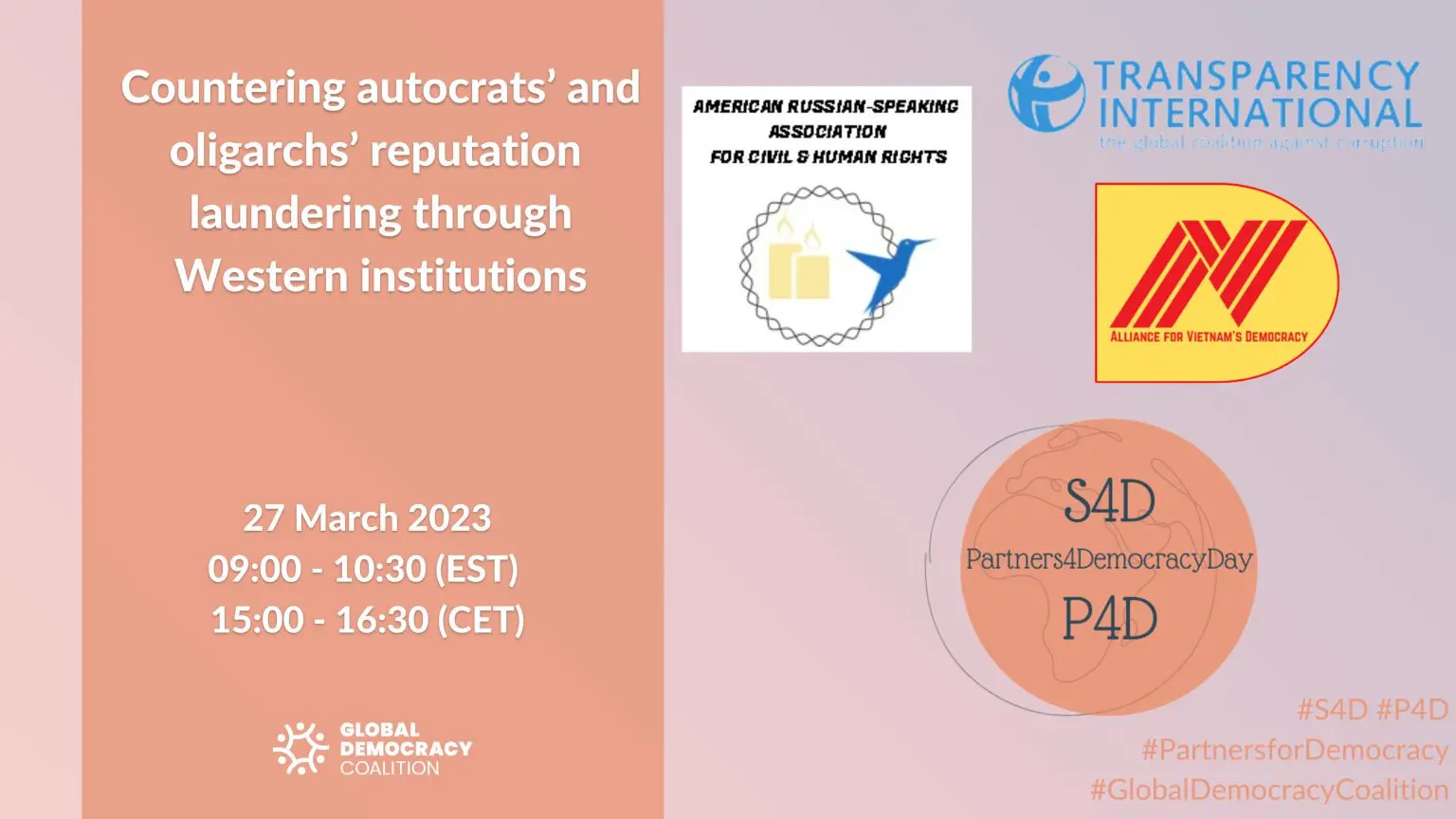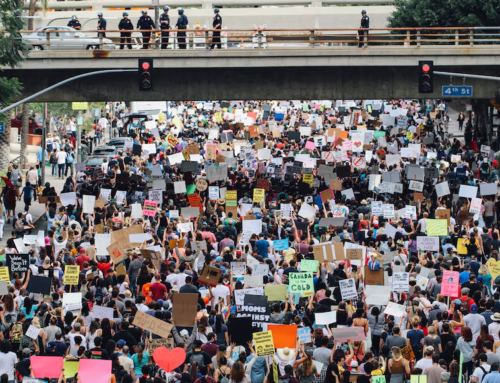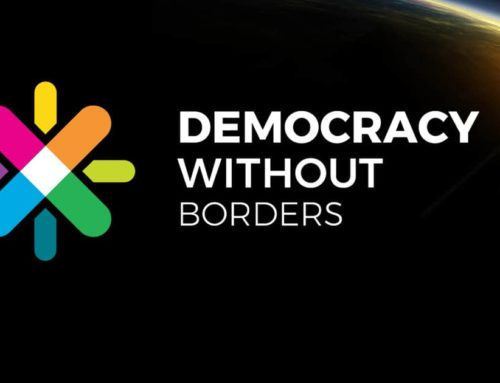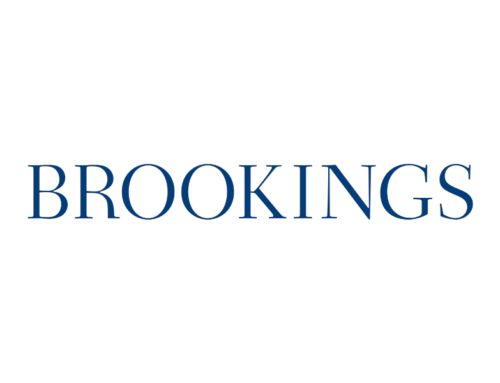Corrupt influences by undemocratic foreign actors trying to infiltrate and undermine democratic institutions have been properly identified as a major threat to our societies. And in recent years, the understanding of what constitutes corruption has become deeper and more broadly encompassing than it used to be. Reputation laundering is widely recognized as one of its key elements. As noted in the U.S. Government Strategy on Countering Corruption, “rule-of-law-based societies continue to provide entry points for corrupt actors to launder their funds and their reputations. Such activity negatively impacts average citizens in the United States, tilting the economic playing field against working Americans, enabling criminals to flourish and foreign adversaries to subversively peddle their influence, perpetuating growth-dampening inequality, and contributing to pricing out families from home ownership through real estate purchases.”
This type of foreign autocratic interference in the functioning of democratic societies has not been properly analyzed and understood, let alone addressed by our society and government. It is not just about foreign oligarchs’ attempts to buy recognition from established American and European institutions that become their enablers; it also frequently involves efforts to distort these agencies’ narratives in the oligarchs’ favor and to silence their critics in democratic societies, including in their own diasporas (which is a form of transnational repression). To achieve this, authoritarian governments and their quasi-private sector allies at times are able to hire former top officials of key Western governments, including from the military, to advise them on influencing the policies of the U.S. and other democracies.
Our diverse panel of speakers will address these issues from different angles, and provide their recommendations on addressing this issue.




